Alan Titchmarsh: How to get your kids (or grandchildren) into gardening
Gardener, broadcaster and writer Alan Titchmarsh often gets asked about whether he has passed his green fingers on down the generations. Here's his answer.
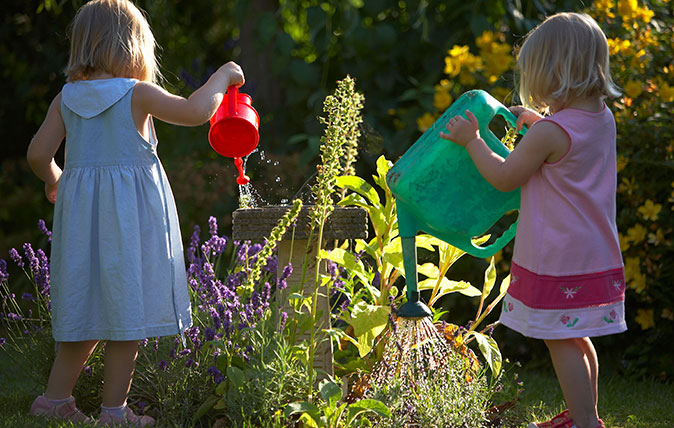

One of my most frequently-asked questions is ‘And are your children interested in gardening?’ and my response is always the same: ‘They’ve always said they couldn’t live anywhere that wasn’t green.’
It’s not meant to fudge the question, but rather to show that I was determined my children would not grow up to hate gardening because all it involved was weeding, mowing, leaf-sweeping and the like.
My father was put off the profession of his own father and grandfather (who were both gardeners) because they made him pull up weeds and paid him a penny a bucket. It’s easy to see why he rejected horticulture and became a plumber.
I like to think that my children – now grown up with children of their own – came to enjoy being out in the garden because I managed to open their eyes to the beauty of Nature without ramming it down their throats. It’s a difficult balance to strike.
I doubt that either of them knows a single Latin name, but that matters not a jot; what does matter is that they have a respect for the natural world and can marvel at its diversity and magic but, above all, enjoy being in it.
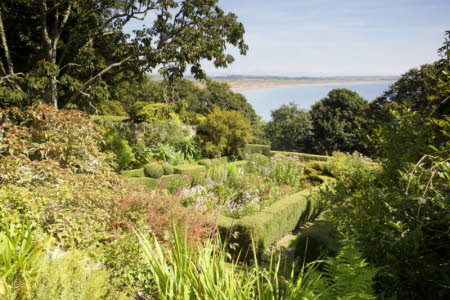
This is something that I’m encountering the second time around now with my grand-children – two boys and two girls aged five and under. ‘Can we go outside Grandpa?’ is the first thing they say on arrival and that cheers me no end, as it shows a love of the great outdoors and the fun and excitement that it can offer a small child.
If all that means is piling miniature wheelbarrows full of gravel from the drive, collecting eggs from the chickens or picking raspberries and strawberries in season, then I’m content. I will venture further with their horticultural education later on when the opportunity presents itself.
Sign up for the Country Life Newsletter
Exquisite houses, the beauty of Nature, and how to get the most from your life, straight to your inbox.
Sowing seeds and planting bulbs are best undertaken with older children, but toddlers will seldom sustain interest long enough for a shoot to penetrate the surface of the soil, let alone for a bulb or a seed to come into flower.
"For tiny tots, a cardboard box on the lawn is all that’s needed to keep them occupied"
In order of success (aside from the activities listed above), the following garden features and operations are the ones that have really captured my own grandchildren’s imagination: looking for the toad that sleeps under a gigantic, rusted metal pear and rolling down the slope of the grassy spiral mound in the corner of the meadow.
They’re also taken with a mini battery-powered Land Rover in which they can (with a nervous adult sitting behind them) career at a speed of 4mph around the mown paths of the wildflower meadow; a Mirror dinghy, complete with sail, which we’ve turned into a sandpit; a wooden Wendy house with chairs and table and their artwork on the walls; and feeding the fish – roach – that magically appeared in our wildlife pond.
A wigloo (a living woven-willow igloo) is, at present, rather too dark to have completely won them over, although I expect it will become more popular in future years when hiding from grandparents is actually preferable to their company.
It’s all a matter of trial and error. There are many elaborate treehouses on the market now, with price tags that run into five figures, but, for tiny tots, a cardboard box on the lawn is all that’s needed to keep them occupied in the short term.
What pleases me no end is that, as they’ve grown older and had children of their own, my daughters have moved out of the bustling town that suited them in their early twenties and into houses surrounded by countryside. They have become (perhaps without realising it and certainly without feeling a great weight of responsibility) the custodians of their own patch of earth.
They will, I hope, pass on to their own children a love of their surroundings, which will give them a sense of being comfortable with the natural world. That will do for now – the rest will come later.
My Secret Garden by Alan Titchmarsh is out now
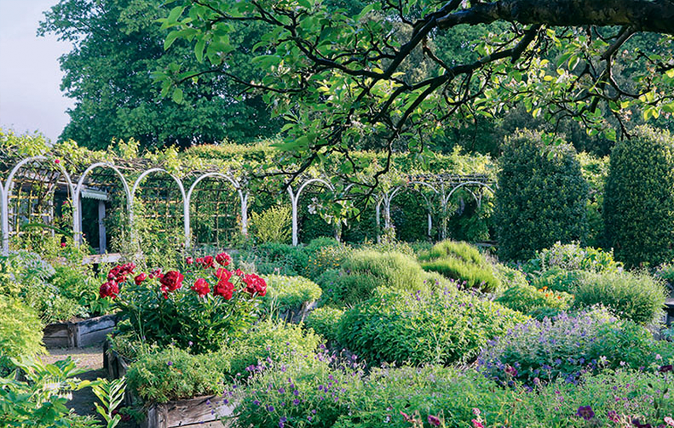
Alan Titchmarsh: The poetic pleasure of plant names
Our gardening expert on the days spent learning the names of some of the most obscure plants in Britain.
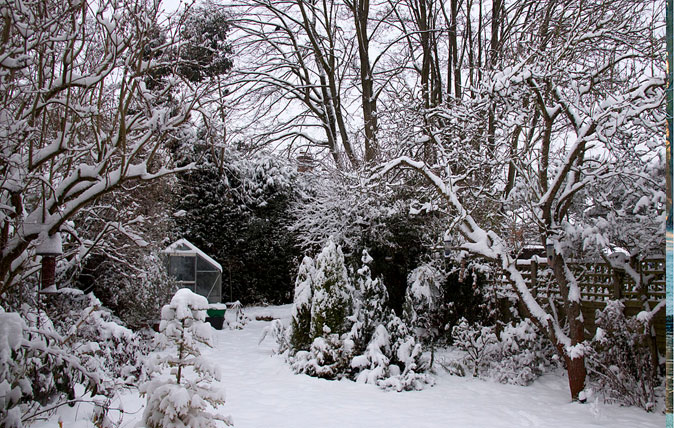
Credit: Tony Hisgett
Alan Titchmarsh: Don’t stop gardening in winter – start dreaming
Alan Titchmarsh takes a look at the joys and pains of gardening in the winter
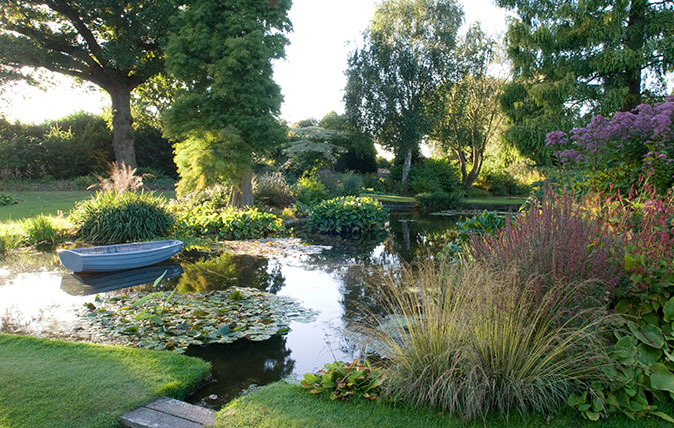
Alan Titchmarsh: How to keep a perfect pond
Alan Titchmarsh says that now is the time to clear out the weeds and keep your pond in top condition
Alan Titchmarsh is a gardener, writer, novelist and broadcaster.
-
 Some of the finest landscapes in the North of England with a 12-bedroom home attached
Some of the finest landscapes in the North of England with a 12-bedroom home attachedUpper House in Derbyshire shows why the Kinder landscape was worth fighting for.
By James Fisher
-
 The Great Gatsby, pugs and the Mitford sisters: Country Life Quiz of the Day, April 16, 2025
The Great Gatsby, pugs and the Mitford sisters: Country Life Quiz of the Day, April 16, 2025Wednesday's quiz tests your knowledge on literature, National Parks and weird body parts.
By Rosie Paterson